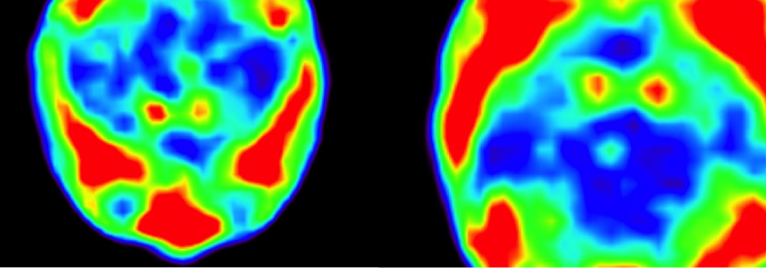In a large multi-cohort study, performed by the International Multiple Sclerosis Genetics Consortium (IMSGC) and published in Cell Magazine, unexplained heritability for multiple sclerosis (MS) is detected in low-frequency coding variants that are missed by genome-wide association study (GWAS) analyses, further underscoring the role of immune genes in MS pathology. The IMSGC was formed in 2003 with funding from the National Multiple Sclerosis Society and published results from the first GWAS in 2007 that identified the second and third susceptibility genes known to predispose people to developing MS. IMSGC later expanded to include more research groups from more countries, receiving grants to conduct larger GWAS studies. IMSGC brings together researchers from 15 different countries, among them scientists from the SFB-CRC 128 member organizations Technische Universität München and Universitätsmedizin Mainz. A pdf of the article may be found here (restricted access)

















